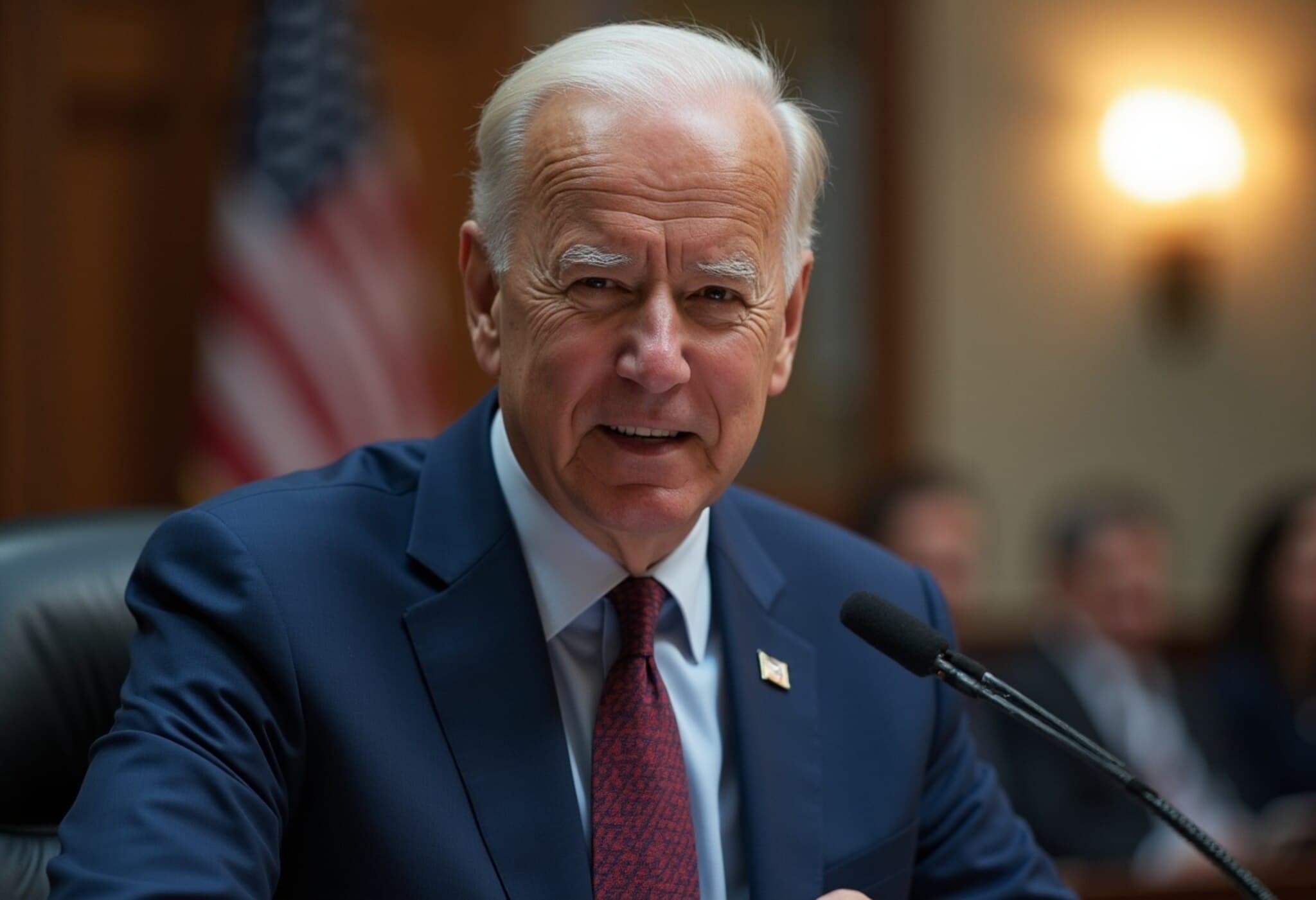The Rise and Fallout of the Epstein Files
The long-anticipated release of the Jeffrey Epstein files has left many feeling more disillusioned than enlightened. Once heralded as the key that would unlock the secrets of America’s elite, the documents delivered little more than procedural court filings and official confirmations that Epstein died by suicide, with no new evidence unveiled about his purported network of powerful associates.
Among those who vocally demanded transparency was Kash Patel, a prominent figure within the MAGA movement and former Pentagon official. Ironically, Patel now finds himself in the crosshairs of an unsubstantiated conspiracy theory as the so-called “Kash Patel honeypot theory” takes hold on social media, blending espionage tropes with personal relationships and unresolved public trauma.
The Anatomy of the Honeypot Theory: Seduction as Espionage
At its core, the honeypot theory is an age-old espionage narrative: the use of romantic or sexual entanglement as a weapon for intelligence gathering and manipulation. Historically, intelligence agencies from the Cold War-era KGB to the Israeli Mossad have relied on such tactics to recruit and compromise individuals.
On platforms like X (formerly Twitter), posts by accounts such as @KremlinTrolls have suggested that Alexis Wilkins—a 26-year-old country singer and conservative commentator—might be a Mossad agent assigned to influence Patel, a 45-year-old Indian-American lawyer and appointed FBI Director under Trump. This claim draws from:
- The notable age gap: Nearly two decades separate Wilkins and Patel, raising questions for conspiracy theorists about their relationship’s true nature.
- Her role at PragerU: Wilkins is a prominent presenter for this conservative digital media platform, whose CEO, Marissa Streit, previously served in Israeli military intelligence.
- Epstein files controversy: Patel’s previous assertions that the FBI held a secret list of Epstein’s elite associates and his subsequent alignment with the Justice Department’s declaration that the case is closed stoke suspicion.
Understanding PragerU and Its Role in the Narrative
Prager University, better known as PragerU, was founded in 2009 and produces short, engaging videos promoting conservative viewpoints on politics, economics, and culture. While not an accredited educational institution, it has built a substantial following. Marissa Streit, its CEO, brings a unique background, having served in Israeli military intelligence—a detail conspiracy theorists seize on to imply links to intelligence activities.
Wilkins' Firm Rejection of the Allegations
Alexis Wilkins has openly condemned the conspiracy theories without directly naming those responsible. In her social media response, she stated, “I’ve spent my career saying no to anything that would compromise my character and working to restore America. It’s disappointing to see people with no real contribution to political discourse spin ridiculous conspiracy theories out of thin air.”
She emphasized her commitment to integrity and faith, inviting those curious to examine her life and work for themselves. This speaks to a broader issue—the weaponization of personal lives in politically charged environments.
Kash Patel’s Changing Stance on Epstein Files
Between 2022 and 2023, Patel was a vocal critic demanding the FBI release names tied to Epstein’s network, framing it as a litmus test for American justice. He described the files as evidence of “elite criminality.” However, following his appointment as FBI Director in 2025, his rhetoric shifted significantly, echoing the Justice Department's stance that the matter was legally closed and containing no actionable intelligence.
This pivot has baffled supporters and critics alike, igniting suspicions of institutional capture among detractors and eliciting calls for pragmatism from defenders.
The Roots of MAGA’s Disillusionment and the Conspiracy Surge
For years, the MAGA movement promised a reckoning, positioning the Epstein case as the ultimate exposure of establishment corruption. Personalities like Dan Bongino claimed Epstein was murdered to protect elites, and Pam Bondi hinted at possessing secret client lists. Patel amplified the narrative, demanding transparency from federal agencies.
When the files finally emerged, the lack of new damaging revelations intensified feelings of betrayal. Key factors fueling this disillusionment include:
- Shattered Expectations: Years of buildup made any anticlimax feel like a deliberate cover-up.
- Leadership Contradictions: Former champions of transparency suddenly became more muted or aligned with official statements.
- Impending Political Stakes: With critical elections on the horizon, internal fractures and trust issues threaten cohesion within the movement.
Why the Honeypot Theory Persists
Conspiracy theories often flourish in environments where definitive answers are scarce and emotions run high. The honeypot narrative ticks several boxes that make it compelling:
- Historical espionage precedents: Real-world spycraft stories lend the theory an air of plausibility.
- Lingering Epstein mysteries: Public skepticism about the completeness of revelations remains strong.
- Prurient fascination: The combination of an interracial, age-disparate couple invites speculative attention.
Yet, to date, there is no concrete evidence—no leaked documents or credible investigations—that substantiate claims Wilkins is an intelligence agent or involved in espionage.
Broader Reflections: Disappointment, Trust, and the Search for Meaning
Perhaps the most telling aspect of the Kash Patel honeypot theory is what it reveals about political culture and human psychology. It is less about espionage and more a symptom of deep mistrust and the human need to find explanations that soften the sting of disappointment.
For a political movement premised on exposing hidden truths, the silence and anticlimax of the Epstein files struck a painful chord. When promised revelations fail to materialize, the vacuum they leave often becomes fertile ground for compelling, if unproven, narratives.
Editor’s Note:
The 'Kash Patel honeypot theory' underscores the volatility and emotional charge surrounding unresolved high-profile cases like Epstein’s. It invites critical reflection on how political communities process disappointment and the ease with which suspicion can morph into conspiracy. As we navigate this complex terrain, the importance of grounding discussions in verified facts and resisting the allure of facile explanations cannot be overstated.
As this story continues to unfold, readers and political observers alike should watch for evolving narratives that either clarify or further obscure the truth, reminding us that in politics, as in life, nuance often lies buried beneath layers of emotion and speculation.



















